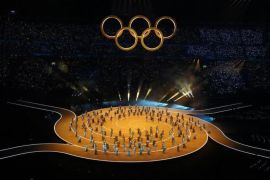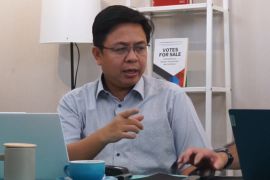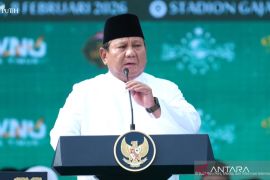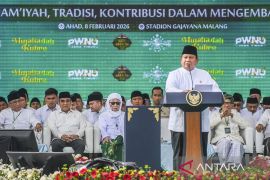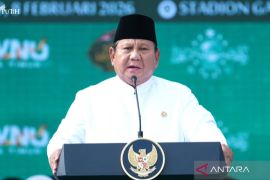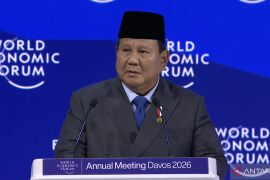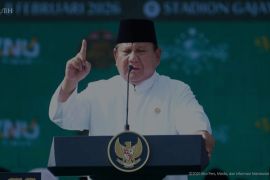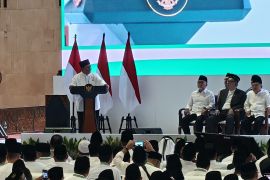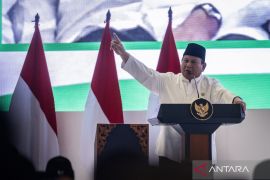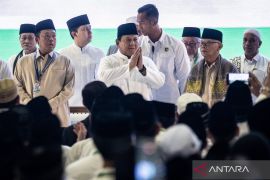President Jokowi reiterated the vision of transforming Indonesia into a global maritime axis during the meeting.
The president had also highlighted the vision in his speech during the 9th East Asia Summit on Nov 13, 2014, in Nay Pyi Taw, Myanmar.
President Jokowis vision to transform Indonesia into a global maritime axis was translated by the Ministry of Marine Affairs through various maritime programs.
To provide a reference for the preparation of programs and policies in the maritime sector, the government has issued a Presidential Regulation (Perpres) No. 16 of 2017 on Indonesias Marine Policy.
It will serve as an instrument to synergize the movement and steps of all stakeholders in achieving the ideals of Indonesia as the global maritime axis.
To implement Perpres No. 16 of 2017, the Coordinating Ministry for Maritime Affairs is holding the National Maritime Coordination Meeting on May 4, 2017.
Coordinating Minister for Maritime Affairs Luhut Pandjaitan will also furnish reports on the achievements of the ongoing priority programs in the maritime sector.
These achievements include reducing the "dwelling time" and logistics costs at ports, offering added value from the use of natural resources, and highlighting the achievements of the tourism program through the establishment of the National Priority Strategic Area.
A key objective of Jokowis vision of transforming Indonesia into a global maritime axis is to enhance inter-island connectivity and upgrade port infrastructure within the Indonesian archipelago, which encompasses thousands of islands and spans almost six million square kilometers.
Several of these islands are not connected to their neighbors, and several benefit from solely loose or intermittent contact. This lack of connectivity is more pronounced in the outer islands of Eastern Indonesia, such as Maluku and North Maluku.
As a result, several of these islands have functioned as self-sufficient economies, not contributing to or benefiting from the national economic production and distribution processes.(*)
Editor: Heru Purwanto
Copyright © ANTARA 2017
